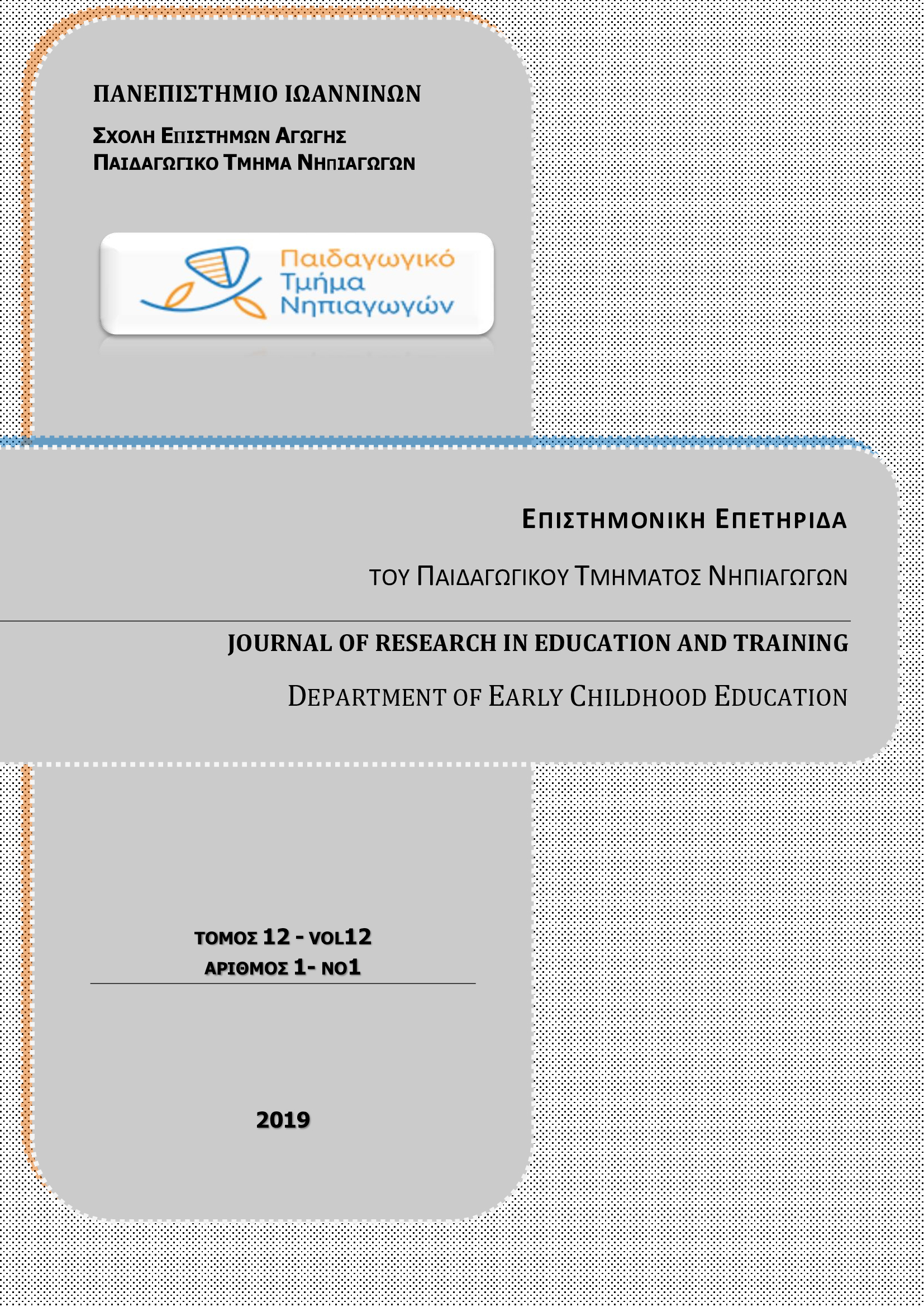Vocabulary assessment scale design, construction and pilot administration

Abstract
Young children’s linguistic performance, being related with their cognitive, social and wider psychological development as well as with their subsequent reading and writing skills, is thought to constitute an important predictive factor of their subsequent school progress. In particular, children's vocabulary growth during the preschool years is considered as one of the most important indicators of potential language disorders. Early and accurate assessment of lexical deficits, thus, constitutes a significant need both for the clinical and the educational practice. This study aimed at the design, development and pilot administration of a digital receptive vocabulary test for preschool children. Across-sectional research design was adopted with children’s age as the main independent variable (comprising five age groups: 4;0 – 4;05 years, 4;06 – 4;11 years, 5;0 – 5;05 years, 5;6 – 5;11 years and 6;00-6;06 years), and the number of correct answers to the 54 items of the test as the main independent variable. The sample consisted of 352 healthy Greek-speaking preschool children (46% boys and 54% girls). During the pilot administration of the test, 54 sets of four images were presented in the pc-monitor. In each trial children had to select the picture that corresponded to the word of a vocal message. Statistical analyses indicated that 29 of the 54 items were sensitive to the developmental changes predicted by the children’s age. According to these results a new revised version of the test was produced for its subsequent standardization. Additional analyses indicated the developmental sensitivity of the total score of the test, and its high internal consistency (Cronbach a = 0.85). Overall, the results present preliminary evidence of the functionality of this new psychometric tool as a means for assessing preschoolers’ receptive vocabulary.
Article Details
- How to Cite
-
Karapatsoudi, D. (2019). Vocabulary assessment scale: design, construction and pilot administration. Journal of Research in Education and Training, 12(1), 1–40. https://doi.org/10.12681/jret.15899
- Issue
- Vol. 12 No. 1 (2019)
- Section
- Articles

This work is licensed under a Creative Commons Attribution-NonCommercial-ShareAlike 4.0 International License.
Authors who publish with this journal agree to the following terms:
- Authors retain copyright and grant the journal right of first publication with the work simultaneously licensed under a Creative Commons Attribution Non-Commercial License that allows others to share the work with an acknowledgement of the work's authorship and initial publication in this journal.
- Authors are able to enter into separate, additional contractual arrangements for the non-exclusive distribution of the journal's published version of the work (e.g. post it to an institutional repository or publish it in a book), with an acknowledgement of its initial publication in this journal.
- Authors are permitted and encouraged to post their work online (preferably in institutional repositories or on their website) prior to and during the submission process, as it can lead to productive exchanges, as well as earlier and greater citation of published work (See The Effect of Open Access).


